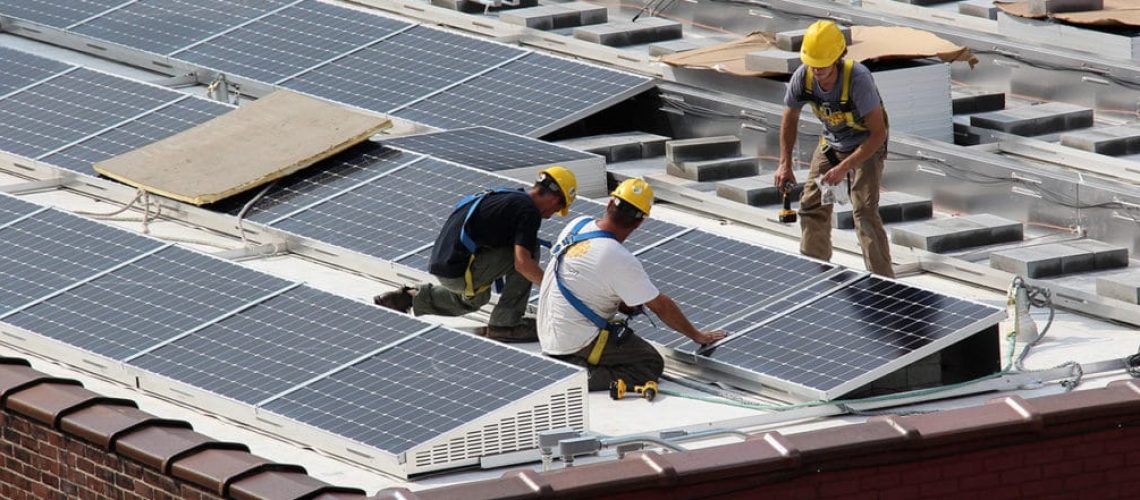The state’s Public Utilities Commission was considering lowering payments to customers for their excess solar generation on a long-term plan. It is now expected to delay the decision, citing complexities of the issue; however, it is expected to reduce payments by roughly 6% this year.
June 14, 2022
Net metering is a policy that has been critical to launching customer-owned solar across the nation, and that is no exception in Vermont. The state has seen steady growth in solar adoption, and impressively, over 16% of its electricity comes from solar.
Net metering is the process by which the electric utility purchases excess customer-sited solar energy production that is exported back to the grid. It’s a key feature in the economic benefit of rooftop solar, and it’s a policy that has been part of high-profile fights in California and Florida in recent months.
In Vermont, regulators at the Public Utilities Commission (PUC) have been actively considering changes that would reduce the payments made for net metering roughly one cent per kWh. Vermont reporter Howard Weiss-Tisman told Vermont Public Radio that he expects this provision to be passed at the PUC’s biannual ratemaking decision hearing.
Currently, utility Green Mountain Power pays about $0.15 per kWh, and Vermont Electrical Cooperative pays roughly $.16 per kWh for excess solar generation. The one-cent drop would equate to the loss of about 6% or so in value. This loss in value would not affect solar energy that is customer-sited and self-consumed.
Currently, the average price for electricity is $0.192 kWh in Vermont, so solar customers are paid roughly 80% of what the utility charges their neighbor for using the exported electricity. Some regulators and advocates are calling for a longer-term, more aggressive phasedown plan, but it appears that may not be achieved at this Summer’s biannual ratemaking decision, according to Weiss-Tisman.
The main justification for the reduction in payments is the concept that solar energy reduces utility profits, which thereby leads to electric rate increases. This, by effect, could lead to non-solar customers cross-subsidizing solar customers.
However, sixteen state-level studies, according to the Solar Energy Industries Association, have disproven the cost-shift argument, as has a national study, completed by Lawrence Berkeley National Lab. Berkeley found that 40 of the 43 states and Washington D.C. with net metering programs have a negligible cost increase attributed to solar. More on this concept here.
“Just looking at what’s the per-kilowatt-hour cost that you can buy from a utility-scale solar plant, and what’s the per-kilowatt-hour cost you’re getting from a net metering site? I don’t know if that goes deep enough. And I don’t know that it goes far enough,” said Jonathan Dowds with Renewable Energy Vermont, a solar developer advocacy group. “And from a climate perspective, we need as much of both as we can get, as quickly as possible. So, the last thing I think we should be doing as a state to hit our climate goals and our energy goals is slowing down the deployment of clean energy resources.”
Citing complexities of the issue, the Vermont PUC has decided to not move forward with any kind of long-term plan to reduce net metering. Every two years, the PUC makes a ratemaking decision, so the issue may arise again, but it is not expected to be addressed in this year’s decision. Weiss-Tisman said the state will likely look to the developments in California around net metering for guidance on Vermont’s plan.



